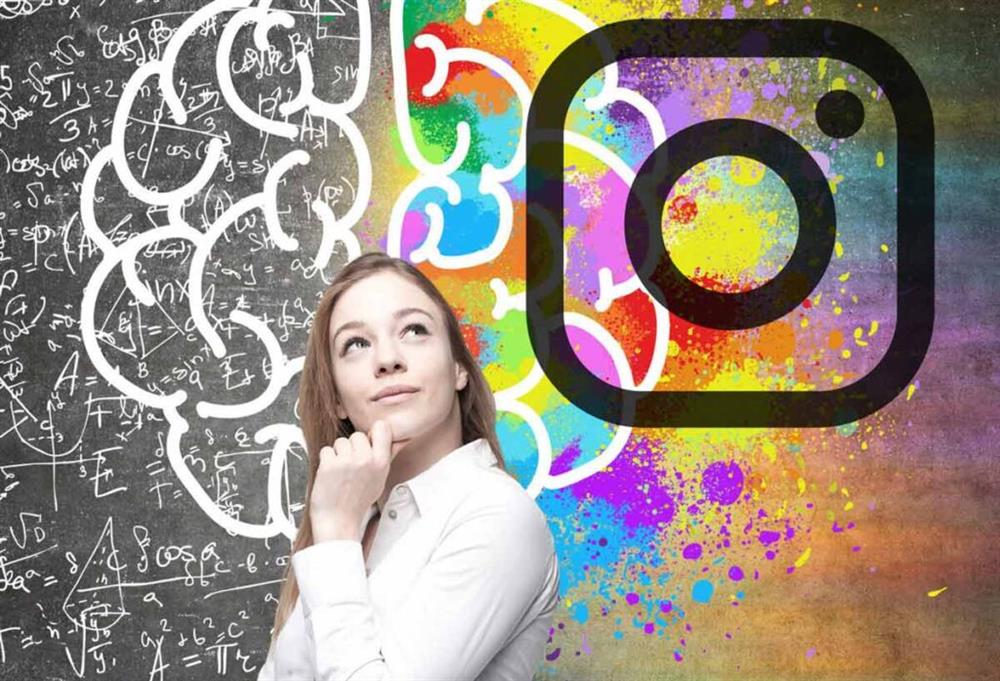
To improve life, we need to connect with others, and this connection has an essential effect on our mental wellbeing and happiness.
Social relationships with others will help you get rid of stress, anxiety, and depression and improve your self-esteem, offer satisfaction and joy, prevent isolation, and even add years to your life.
On the other hand, a lack of good social ties may put your emotional and mental health at risk.
Most of us use social media apps like Facebook, Twitter, Snapchat, YouTube, and Instagram to find and communicate with one another in today’s world.
Although each has its benefits, you should know that social media can never substitute genuine human interaction.
To activate the hormones and feelings that relieve stress and keep you feeling happier, healthier, and more optimistic, you must interact with others in person.
Trying to spend too much time on social media, surprisingly for a technology that is supposed to bring people closer together, can potentially make you feel more depressed and lonely—and worsen mental health problems like anxiety and depression.
Suppose you’re spending too much time on social media and are experiencing feelings of depression, disappointment, anger, or isolation.
In that case, it’s time to re-evaluate your online behaviors and find a healthy balance.
The majority of us nowadays use our phones and tablets to access social media such as Instagram.
Although this makes staying in touch with friends very easy, it also ensures that social media is still available.
The continuous alarms and reminders influencing your concentration and attention, disrupting your sleep, and cause you, prisoner, yourself to your phone can cause impulse control problems.
Social media apps aim to capture your attention, hold you online, and stop you from refreshing your monitor for notifications. It’s how businesses make profits.
Psychological problems can be triggered by social media use, just as they can be triggered by gambling problems, cigarettes, alcohol, or opioid abuse.
When you get a like, a retweet, or a positive response to a tweet, your brain releases serotonin, the same “reward” hormone that you get after playing at a slot machine, eating chocolate, or smoking a cigarette, for example.
The more you’re praised, the more time you want to spend on social media, even though it has negative consequences in other areas of your life.
Though virtual interaction on social media does not have the same positive effects as face-to-face communication, it can still help you stay connected and promote your mental health in different ways.
Everyone seems to be different, so there is no fixed number of social media usage, frequency of checking for notifications, or amount of ads you create that means your use is unhealthy.
Instead, it’s about how much time you spend on social media improves your health and other facets of your life, as well as your reasons for using it.
For example, if your social media use causes you to ignore face-to-face interactions, serves to distract you from work or school, or makes you feel jealous, frustrated, or sad, it may be troublesome.
Similarly, whether you’re just on social media because you’re bored or lonely or because you want to make someone jealous or angry, it’s time to reconsider your online behaviors.
The following are signs that social media is harming your mental health:
You spend more time online with your peers than you do with your real-life friends.
The use of social media has replaced many of the offline social experiences.
Even when you’re out with friends, you feel compelled to check social media regularly, always motivated by the fear that others are having more enjoyable than you.
On social media, you are making unfavorable comparisons to others.
You have a poor sense of self-worth or a negative feeling of your image. You may also have maladjusted eating habits.
You are being the victim of cyberbullying. Alternatively, you might be concerned that you do not influence what others say about you online.
Distractions at school or work. You’re under stress to post new content about yourself regularly, receive feedback or likes on your posts, and react to friends’ posts rapidly and happily.
There isn’t more time in the day to increase the favorable personality.
You spend every important second on social media and have no time to focus on who you are, what you believe, or why you behave the way you do—the things that help you develop as an individual.
You are risking one’s safety to earn likes, comments, or constructive feedback on social media.
You engage in risky stunts, post humiliating material, cyberbully others, or use your phone and drive or in other potentially hazardous circumstances.
I’m having trouble sleeping. Do you browse social media late at night, early morning, or even when you wake up in the middle of the night?
Smartphones and other gadgets emit light that can interrupt your rest, which can hurt your mental health.
Nervousness or depression symptoms are getting worse. Instead of managing to relieve negative emotions and boost your health, social media makes you feel more nervous, depressed, or lonely.